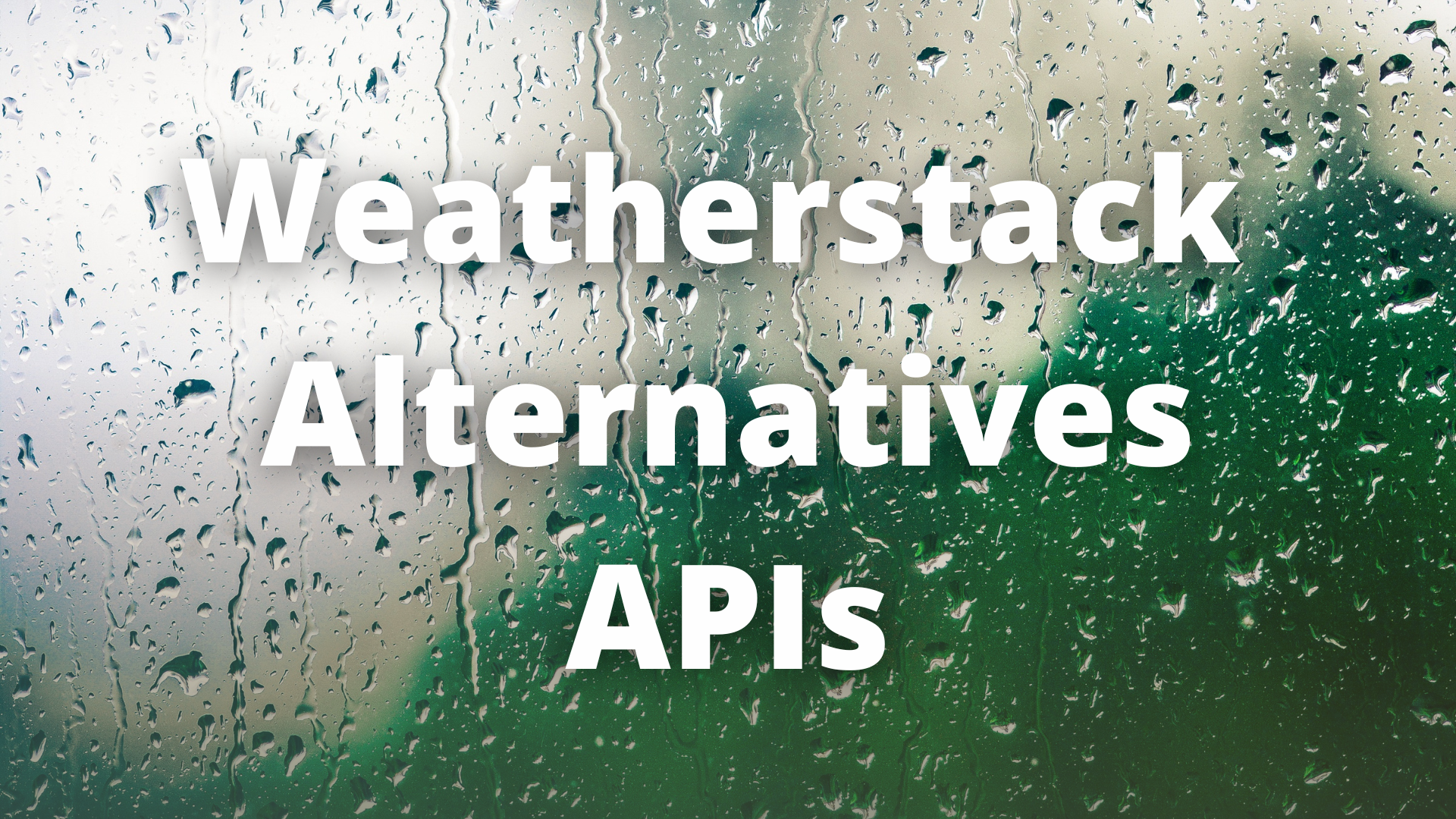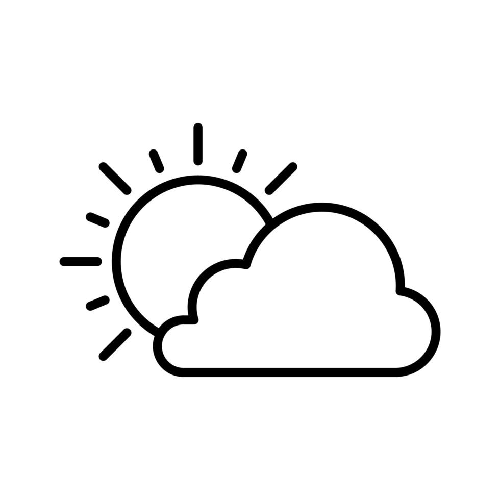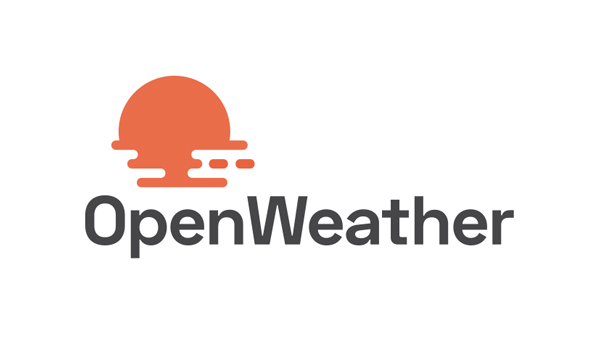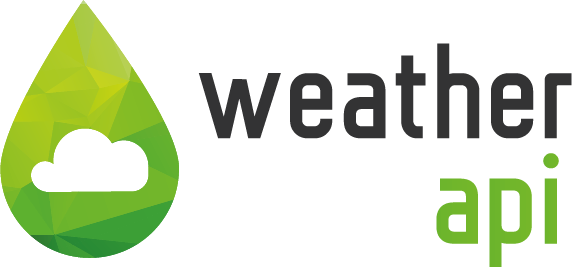If you are looking for alternatives to Weatherstack, then you are in luck! Because in this post, we’ll be telling you all about the top 3 alternatives to Weatherstack and more.
Alright, let’s get to it. API, those three little letters generate quite the buzz, don’t they? Now, first, I’d like to take some time upfront here to break down what is meant by Application Programming Interface.
What’s an API?
An API is a contract of sorts; it defines how it’s expected to be used and what you can expect to receive by using it. Basically, it is a documented way in which external consumers can understand how to interact with a program, without giving them access to the makings of the program itself.
An API is created to help make your life easier by giving you access to data, and by providing you with an abstraction of the implementation. You know, not needing to know how it’s doing whatever it’s doing. They save you from needing to create everything yourself.
Ok, now that we have somewhat of an understanding of what an API is. Let’s move on to weather APIs.
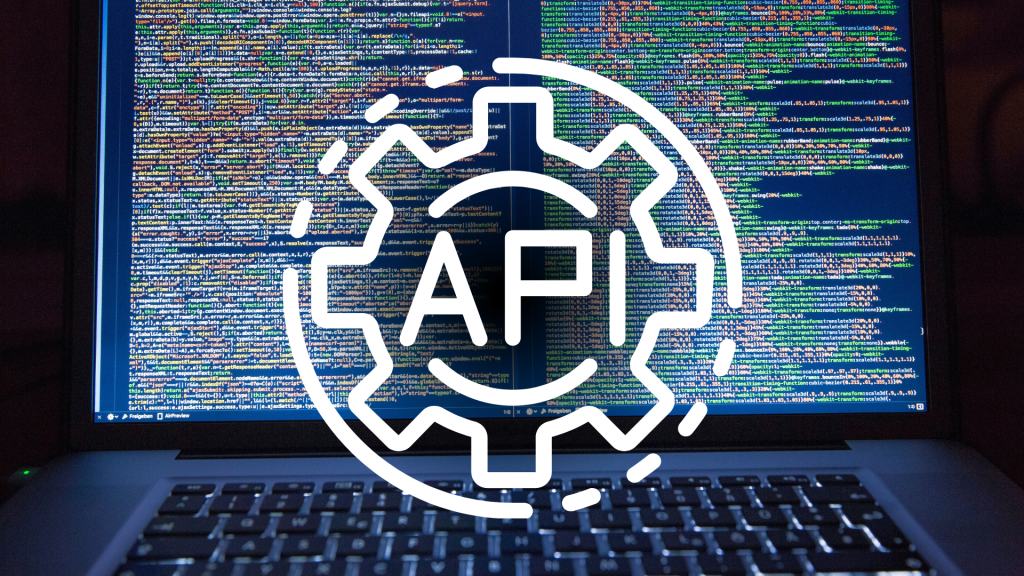
Weather APIs
So, a weather API is a program that provides access to a weather database to its consumers. Simple, right? And the way to receive that climate information would be by sending out requests to the server indicating a certain aspect of the weather they wish to be informed about.
For example, a user can ask a weather API about the climate forecast for the next 5 days in Santa Clarita, California. And in return, said user will receive information about temperatures, possible wind conditions, whether it’s going to rain on any of those particular days, and much more.
The results that the API will respond with are dependent on what brand of particular API is in use; since each brand has its own unique offerings of data endpoints and services. Hence, making some brands more suitable to some people than others.
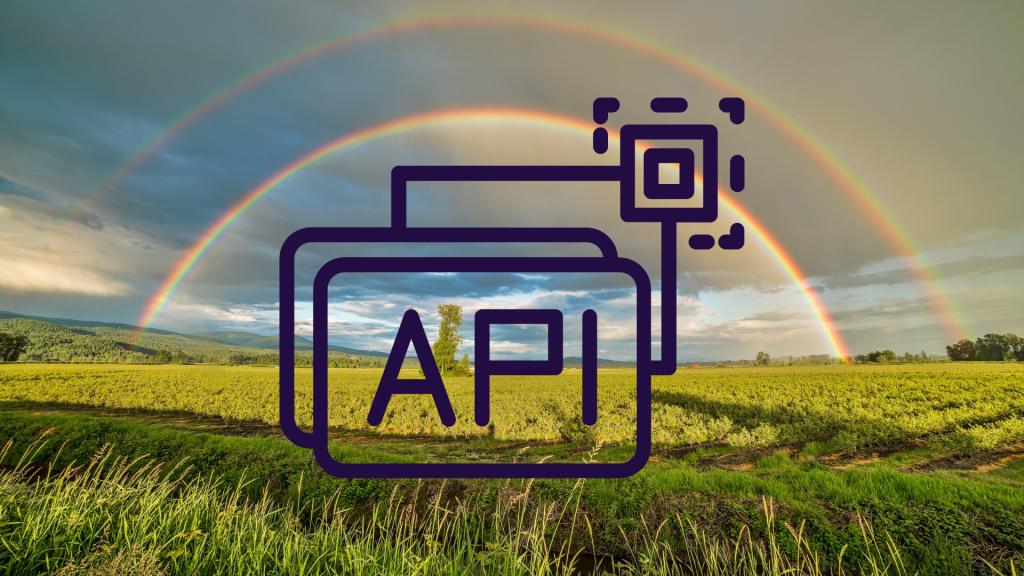
Weatherstack
The company Weatherstack offers a solid weather API. They provide its users with plenty of weather information varying from the basics, like temperature, to some more unique offerings, like historical weather going as far back as 2008. This is great and all, but not really necessary for most users.
Additionally, something else has also steered some developers away from Weatherstack. This is their focus on the API’s weather widget capabilities, which is not something that is in everybody’s interests.
But, there’s no need to worry if you don’t particularly identify with Weatherstack’s offering; because coming up next we’ll be exploring the Top 3 Alternatives to Weatherstack.
Top 3 Alternatives To Weatherstack
Current Weather and Forecasted Weather API
Current Weather and Forecasted Weather API is a stellar program. Hence, it’s considered one of the best weather APIs out there.
This API provides data pertaining to temperatures; actual conditions; wind conditions; humidity; and more. But, that’s not all, it also has access to some unique data like sea levels.
Plus, as its name says, you’ll be able to receive all of that data for current and forecasted weather. By the way, the forecast is for up to the next 16 days, which is incredible.
Current Weather and Forecasted Weather API has worldwide coverage, so there are no limits in that sense. Nor in another sense really, it’s adaptable for every use and need. For example, you can choose to receive the information in HTML, JSON, or XML; or if you want to retrieve it in another language, you absolutely can since it’s capable to translate to more than 15 different languages.
OpenWeather API
OpenWeather has a great offering of weather APIs covering information like current weather data; road risk; and statistical weather data.
Although it is a great service, it does have some limitations like its focus on US data and the fact that all of the APIs are obtainable through individual subscriptions.
Weather API
Weather API is another program that allows you to request data by IP address, zip code, and coordinates. The weather data provided contains information about temperatures, humidity, wind speed, and weather conditions, among others.

